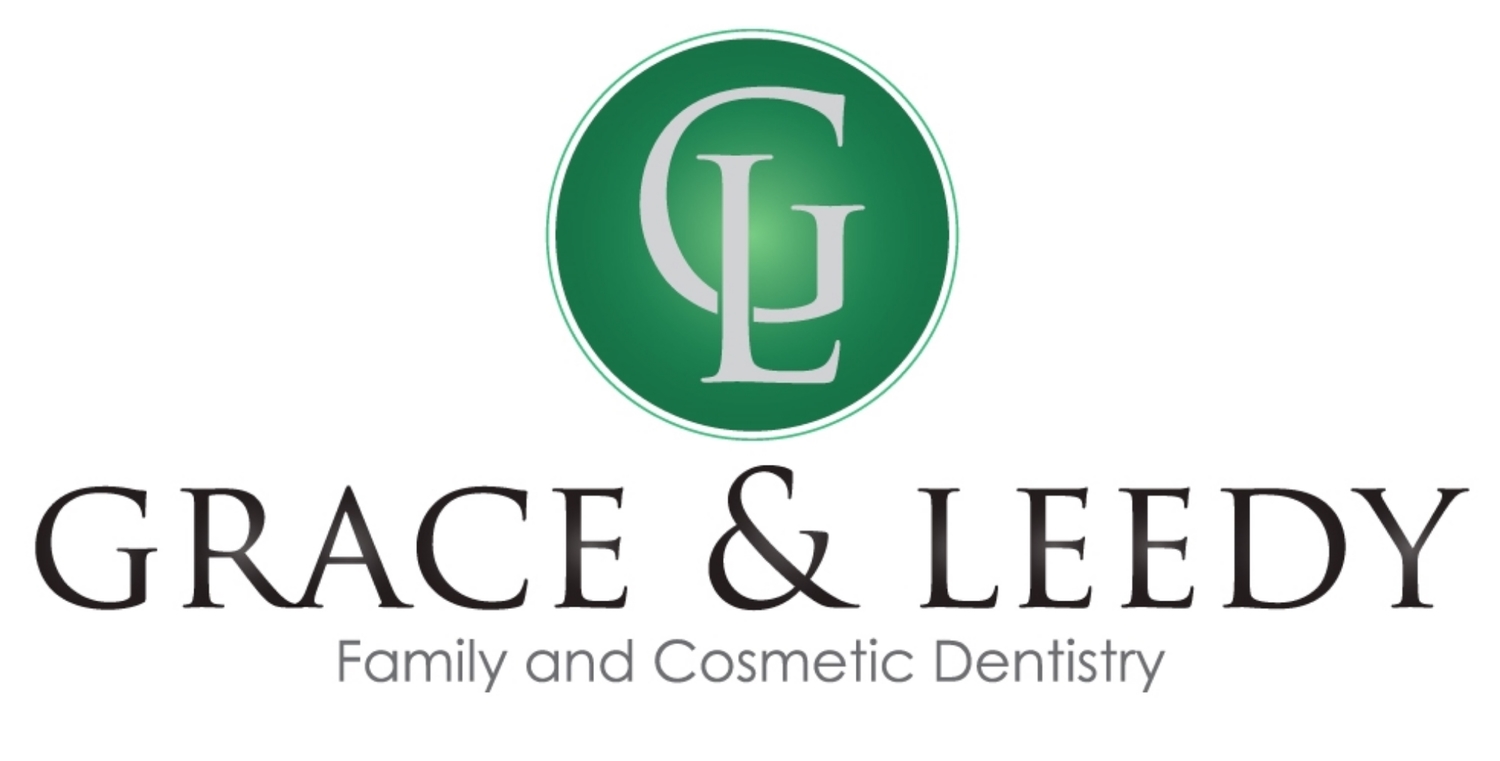Teeth whitening is without a doubt one of the most common requests for procedures that we hear from patients. After all, who doesn't want whiter teeth? Especially since many common foods and drinks can create surface stains that can be unsightly for those concerned about the whiteness of their teeth. This said, there are several options centered around teeth whitening, and not all of them are created equal. Patients also need to exercise caution around teeth whitening procedures, especially in-home options, because overuse can create unwanted issues. Before you decide to get your teeth whitened, let's get to the facts about teeth whitening.
Truth About Teeth Whitening
Teeth whitening is accomplished by applying bleaching agents to the teeth for a period of time. Generally speaking, the bleaching agent needs to stay on each tooth for more than a few seconds to maximize the whitening effect. The most popular compound used for teeth whitening is hydrogen peroxide, and it penetrates the enamel of each tooth to remove stains. There are several other compounds used for whitening that you may see as active ingredients as well. The problem is peroxide and similar agents have to be carefully administered to achieve the best results. Too little concentration won't result in much of a change, while too much whitening treatments can cause sensitivity or even harm tooth enamel. Before you choose the best whitening option for you, let's take a look at what is available.
Truth About In Home Options
In home whitening treatments are more popular than ever today. Toothpastes, mouthwashes and gels are all marketed to those who want to brighten their smile. However, the truth is you need to temper your expectations as to just how well these options work. First we'll start with the least effective - whitening mouthwashes. As we mentioned above, the whitening agent must remain on your teeth for a period of time to be effective. Since you're only using mouthwash for around 30 seconds, this doesn't leave much time for the agent to be in contact with your teeth, especially since you are moving it around in your mouth. All in all you can't expect much from this option.
Toothpaste remains on your teeth longer than mouthwash if you're brushing correctly, and using this form of whitening agent can provide slightly better whitening results. However, bleaching agent concentrations in toothpastes are still very low to ensure they can be used safely day after day. Again only moderate whitening results can be expected.
Whitening gels often consist of higher bleaching agent concentrations, and they are applied either as pens, strips or in a tray. It's important to exercise caution when using gel treatments as using them too often can harm your teeth. Higher concentrations of bleaching agents can also cause tooth sensitivity, which is amplified for those that already have sensitive teeth. While gels are an appealing option because they are stronger and therefore whiten with more intensity, there's is actually a fourth option that is better for you.
A Visit To The Dentist
Dentists can perform whitening treatments in the office that produce the best results and are overall the safest to administer. Since these treatments are professionally monitored, your dentist can first evaluate whether or not whitening is the best option for your teeth. If they find it's a viable option, they are able to protect your gums during the whitening treatment so patients receive less sensitivity after the procedure. In addition, dentists can sometimes use higher concentrations of bleaching agents because they are carefully controlled, which results in the whitest teeth possible for patients. While it is more expensive to get an in-office treatment vs. home options like gels, it is worth getting the extra supervision to ensure it is done right.
Moderation Is Key
As we mentioned earlier, too much exposure to bleaching agents, especially in higher concentrations like those found in gels and strips, can damage your teeth. Proper whitening treatments should be performed for the recommended time, and then ceased until it is safe to start them again. While your teeth will eventually stain again after a whitening treatment, you can extend the effect by avoiding foods that stain your teeth like coffee, tea and other items. For those that use whitening toothpastes, there is less of a concern about overuse since the concentrations are so low, but it's still worth discussing with your dentist. For those that choose to have their dentist whiten their teeth, procedures can be safely scheduled so you're not exposing your teeth to too many whitening agents.
Final Thoughts
Still have questions about the truth about teeth whitening? We're happy to address all your questions about which whitening toothpastes are best for you and if an in-office treatment is a viable option. Remember, healthy teeth are more important than white teeth, so first and foremost it's best to get a checkup and ensure you're in good oral health before pursuing whitening treatments. Schedule an appointment with Grace & Leedy Family Dentistry today to get started!



